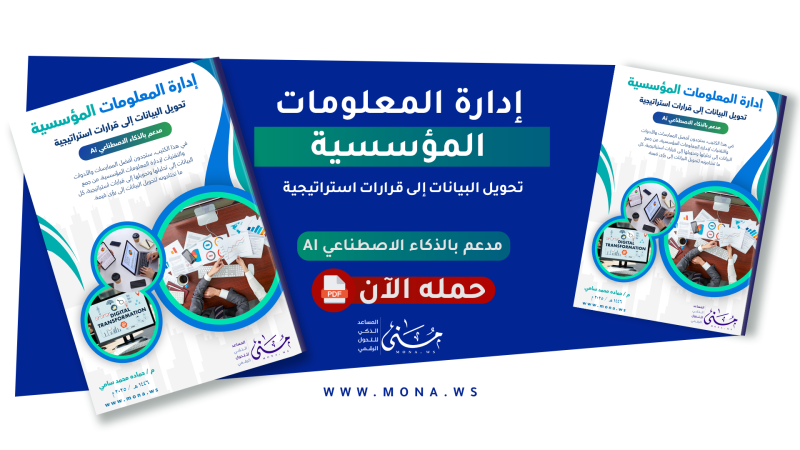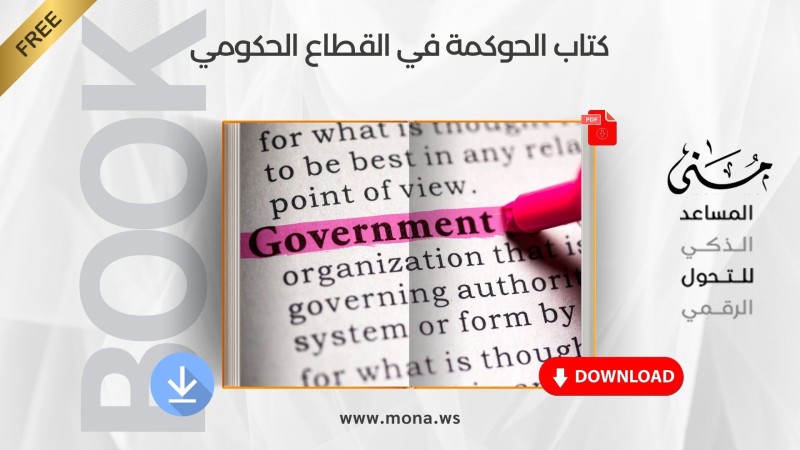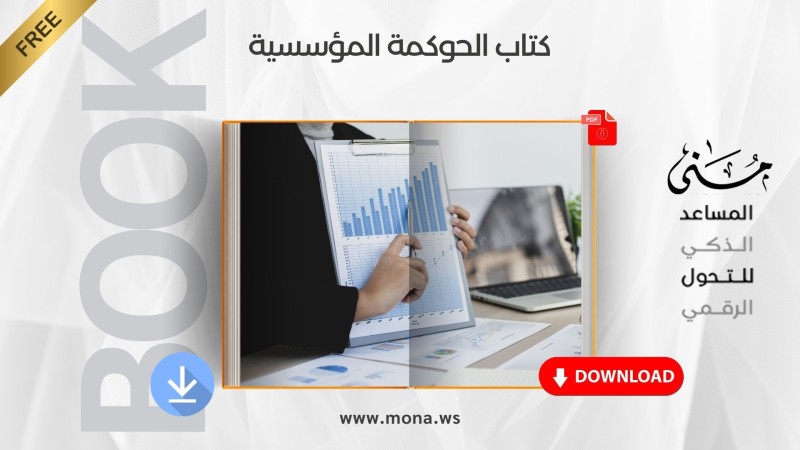Governance and Spending Book - Governance Indicators and Rationalization of Government Spending in Palestine (1996-2020 AD)
Written by: Issa Hussein Al-Najjar
Governance and Spending Study Summary
The study of governance and spending addresses a vital topic in the Palestinian economy, examining the relationship between good governance and rationalizing government spending. In light of the economic and political challenges facing Palestine, controlling public expenditures and improving the quality of governance are strategic imperatives to ensure financial sustainability and achieve economic development.
The book relies on a quantitative and qualitative analytical study, aiming to provide practical recommendations to decision-makers on how to improve government performance by strengthening governance principles.
The book "Governance and Spending: Governance Indicators and Rationalization of Government Spending in Palestine (1996-2020 AD)" by researcher Issa Hussein Al-Najjar is an analytical study that aims to explore the role of governance indicators in rationalizing government spending in Palestine during the mentioned period.
The researcher relied on descriptive and quantitative approaches to analyze the data, using time series of study variables for the period from 1996 to 2020. The results showed an inverse correlation between the combined governance indicators and government spending, with a correlation coefficient of -0.37, indicating that improving governance indicators may contribute to reducing government spending.
The study recommended that the Palestinian government adopt and implement governance indicators to enhance institutional commitment to them, which would contribute to improving the quality of institutional performance, rationalizing public expenditures, and ensuring their sustainability.
It also called for the activation of policies and regulations that strengthen and develop the Palestinian public sector, the optimal reformulation of legislation, and the activation of awareness programs that encourage individuals and institutions to respect and adhere to the rule of law.
The Governance and Spending Study highlights the importance of focusing on governance indicators most closely related to government spending, such as the rule of law, political stability and absence of violence, control of corruption, and participation and accountability, to achieve effective rationalization of government spending in Palestine.
Research methodology and data used
The researcher relied on descriptive and quantitative approaches, collecting and analyzing data spanning a period of 24 years (1996-2020) using time series for study variables, which include governance and government spending indicators. The study used data from local and international sources, such as the World Bank, the Palestinian Central Bureau of Statistics, and government financial reports, which provided a reliable database for analyzing the impact of governance on public finance management in Palestine.
Governance and Spending Study Results and Analysis
The results of the Governance and Spending Study - Governance Indicators and Rationalization of Government Spending in Palestine (1996-2020 AD) showed the following:
- The relationship between governance and government spending
The results showed an inverse relationship between improving governance indicators and the level of government spending, with a correlation coefficient of -0.37, meaning that improving the quality of governance leads to reducing unnecessary expenditures and enhancing financial efficiency.
- The impact of various governance indicators on government spending
rule of lawIt has a significant impact on controlling government expenditures by enhancing oversight and accountability.
Political stability and absence of violence:It contributes to reducing the need for emergency and security expenditures, allowing resources to be directed towards development.
Combating corruptionCorruption is one of the most significant challenges in controlling spending, and improving oversight procedures reduces financial waste.
Government efficiencyThe more efficient public administration is, the lower the operating costs and the more efficient the allocation of resources.
Recommendations and conclusions
The Governance and Spending Study - Governance Indicators and Rationalization of Government Spending in Palestine (1996-2020 AD) presented a set of recommendations, the most important of which are:
- Strengthening the role of oversight institutions to ensure the application of good governance principles and achieve transparency in the management of public funds.
- Restructuring government spending to direct resources toward more productive sectors such as education, health, and infrastructure.
- Develop legislation that promotes compliance with good governance standards, with penalties imposed on entities that do not comply.
- Stimulating community participation by making information available to citizens and empowering them to hold officials accountable.
- Activating digitization in financial management to reduce corruption and improve the accuracy of financial data. This can be achieved by adopting modern management systems that rely on technology, such as cloud computing and big data analysis.
The Governance and Spending Study - Governance Indicators and Rationalization of Government Spending in Palestine (1996-2020) confirms that improving the quality of governance is not only a tool for rationalizing spending, but is also a necessity for ensuring the stability of the Palestinian economy and enhancing trust between the government and citizens. Adopting modern governance methodologies is a key approach to improving resource management and achieving sustainable development.
You can download the book Governance and Spending - Governance Indicators and Rationalization of Government Spending in Palestine (1996-2020 AD) directly now.
 حمل دراسة الحوكمة والإنفاق – مؤشرات الحوكمة وترشيد الإنفاق الحكومي في فلسطين (1996 – 2020 م)
حمل دراسة الحوكمة والإنفاق – مؤشرات الحوكمة وترشيد الإنفاق الحكومي في فلسطين (1996 – 2020 م)










Comments
Add New Comment